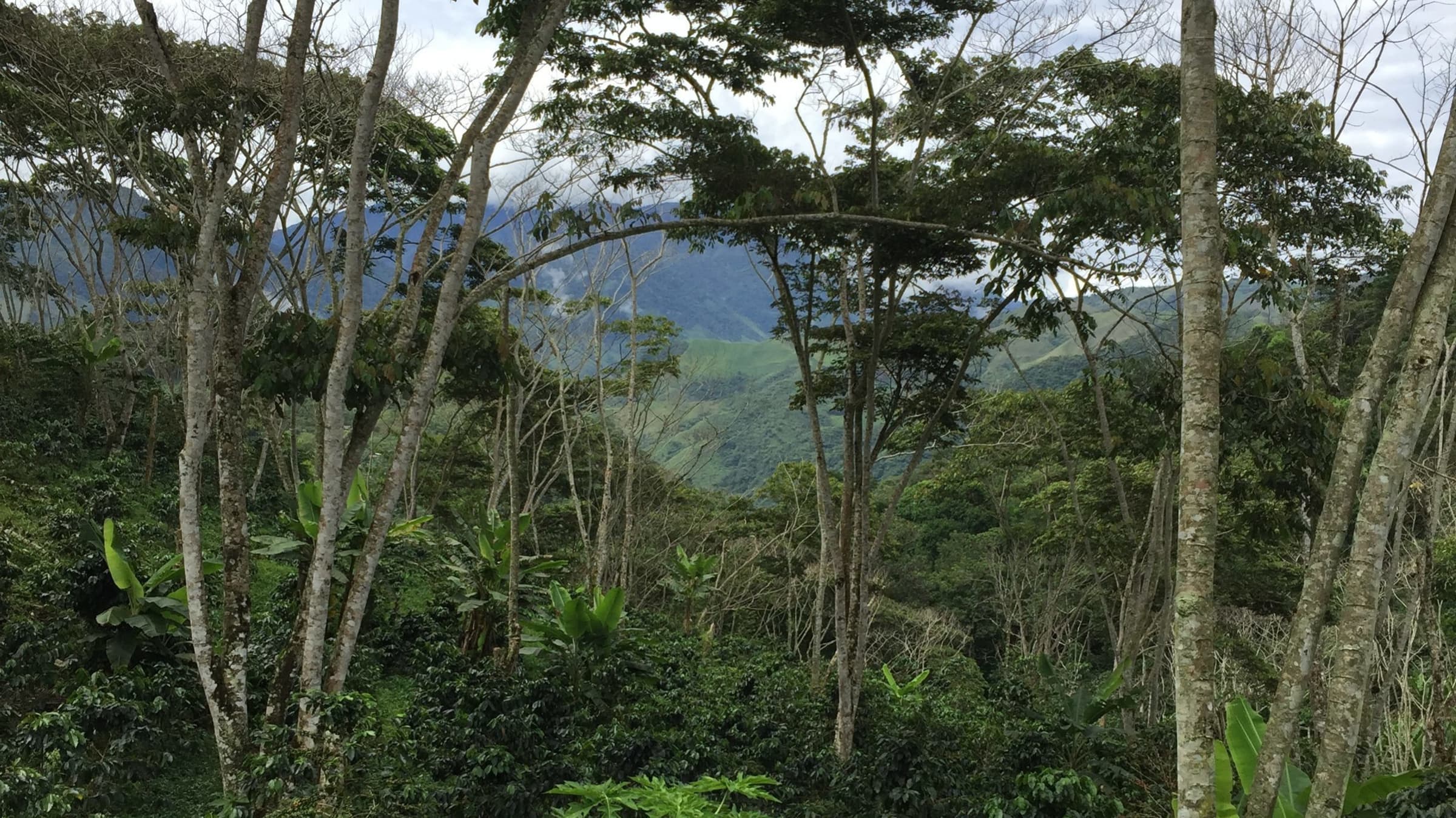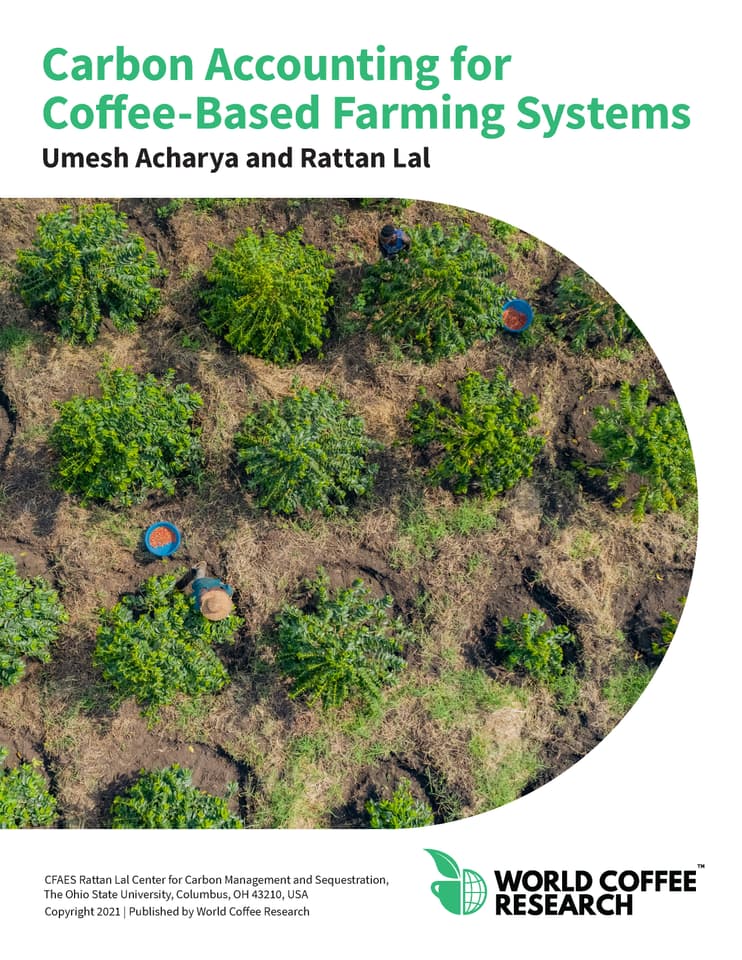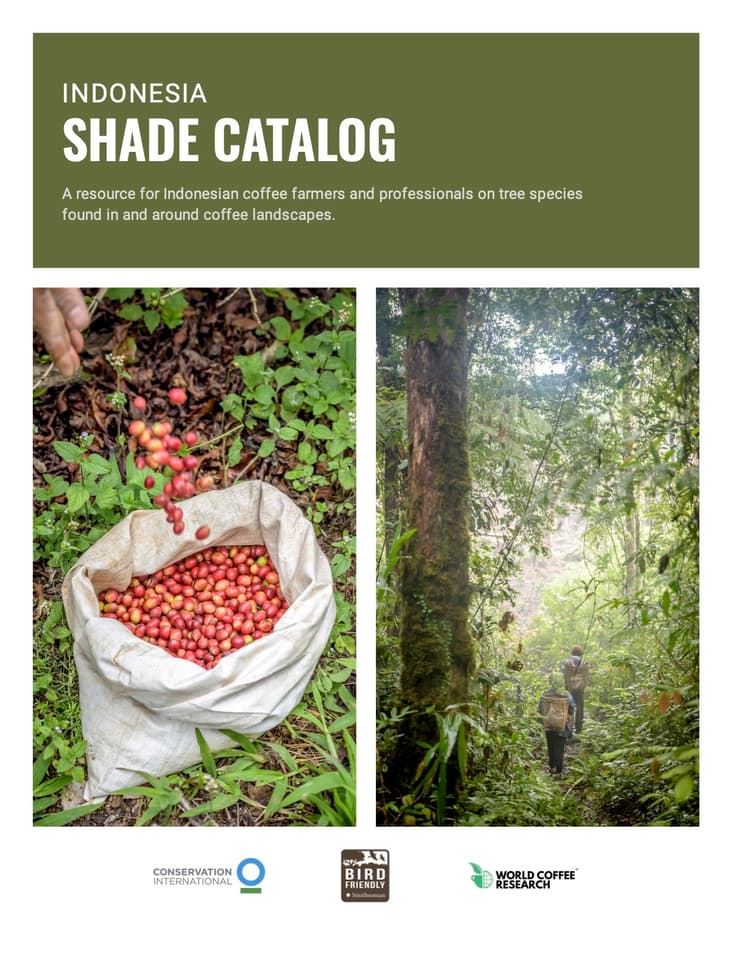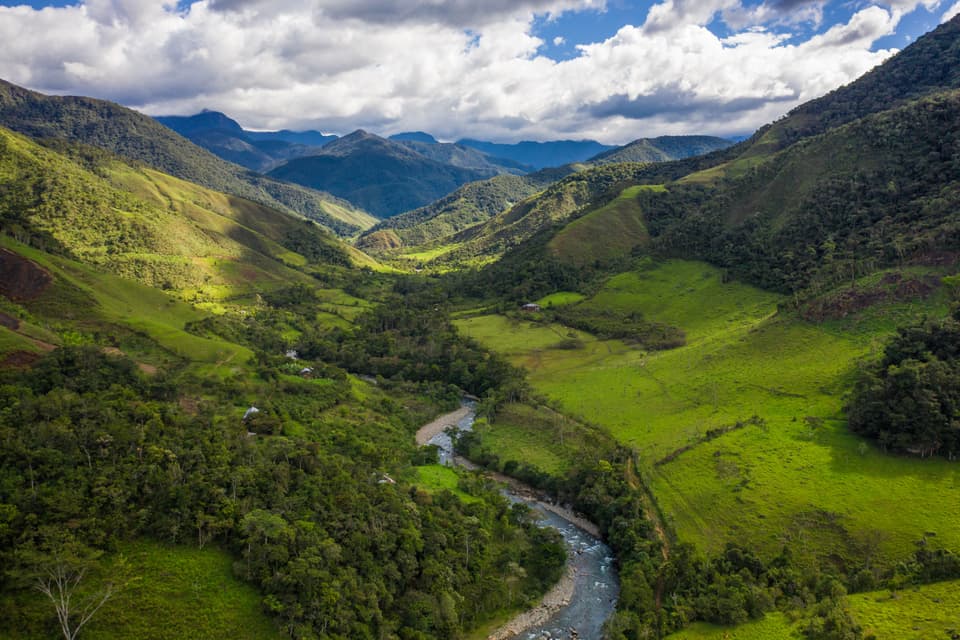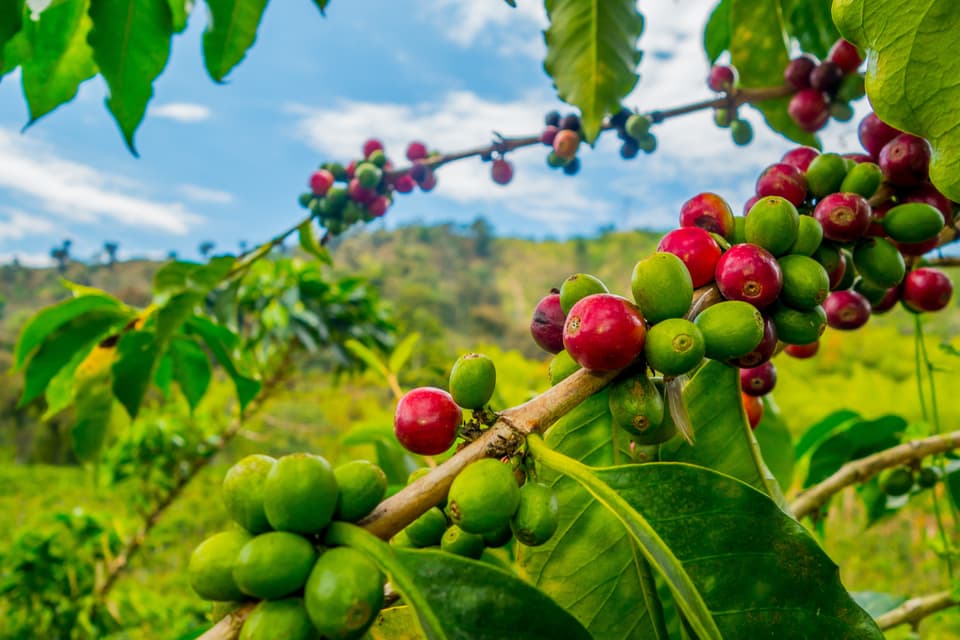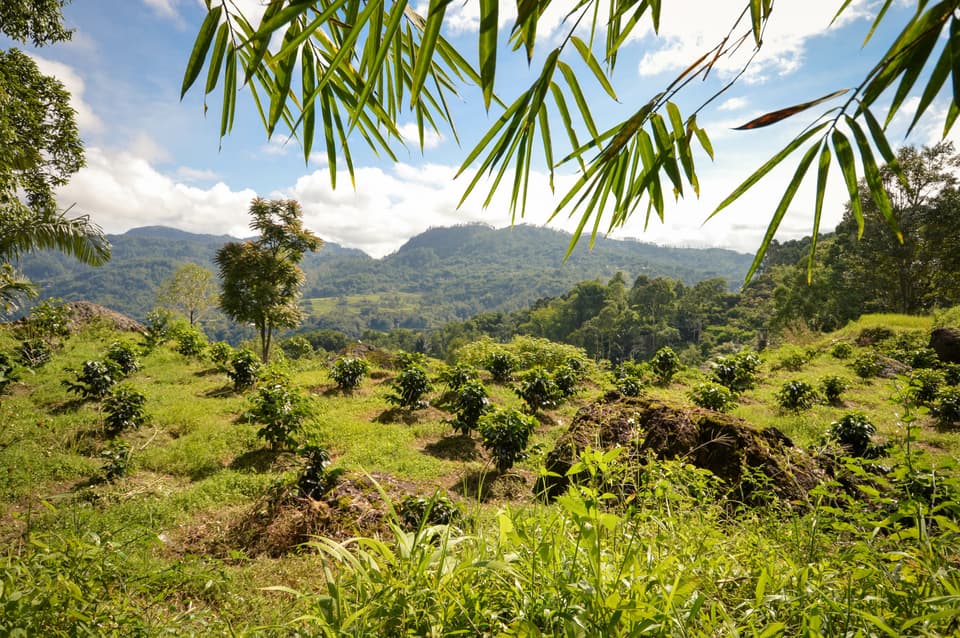Climate Change + Coffee
Problem
Agriculture, forestry and other land uses are responsible for about a quarter of all anthropogenic carbon emissions.1 Coffee, as one of the world’s most widely consumed beverages and a highly exported agricultural commodity, contributes meaningfully to global GHG emissions. It's safe to assume that emissions from coffee production have grown steadily as both demand and supply have risen over the past decades. GHG emissions at the farm level are contributed by farm management practices, such as fertilizer use, and through deforestation and other land use conversion. With adoption of key technologies, coffee production systems can be designed to reduce GHG emissions. Adoption of higher-yielding varieties can contribute to both climate change mitigation and adaptation efforts.
Solution
The climate crisis demands the transformation of coffee agriculture systems. In order to meet rising coffee demand without increasing the GHG emissions within coffee management systems or through deforestation, technological innovation must be harnessed to transform coffee production systems in favor of more productive varieties.
Through its "global leadership" function, WCR works to generate consensus on coffee agricultural R&D priorities and to generate decision-support tools to assist the coffee sector to adapt to the risks of climate change.
